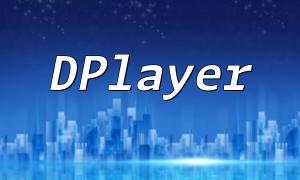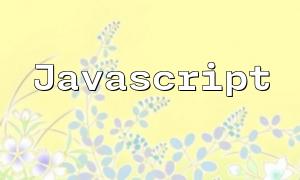JSON (JavaScript Object Notation) is a lightweight data exchange format that is easy for humans to read and write, and easy for machines to parse and generate. JSON is commonly used for data transmission in web applications, facilitating data exchange between the front-end and back-end.
In PHP, generating JSON-formatted data can be easily achieved using the built-in json_encode() function. Here's a simple example:
With this method, a PHP array can be easily converted into JSON format, enabling more efficient data exchange between the front-end and back-end.
Once JSON data is retrieved, handling it becomes an essential skill for developers. PHP provides the json_decode() function to convert JSON strings into PHP arrays or objects. Here's an example:
In the example above, the JSON string is decoded into an associative array, allowing easy access to individual data elements.
Error handling is crucial when working with JSON data. For example, if the JSON format is incorrect, the json_decode() function will return null. To ensure smooth operation, developers need to check and handle errors:
Using this method, developers can capture and handle JSON parsing errors, ensuring that the application remains robust.
Generating and handling JSON data in PHP is a fundamental skill in modern web development. By using json_encode() and json_decode() functions, developers can efficiently exchange data between PHP and JavaScript. Additionally, understanding error handling mechanisms enhances application stability. Mastering these techniques will help you build more efficient and reliable web applications.









